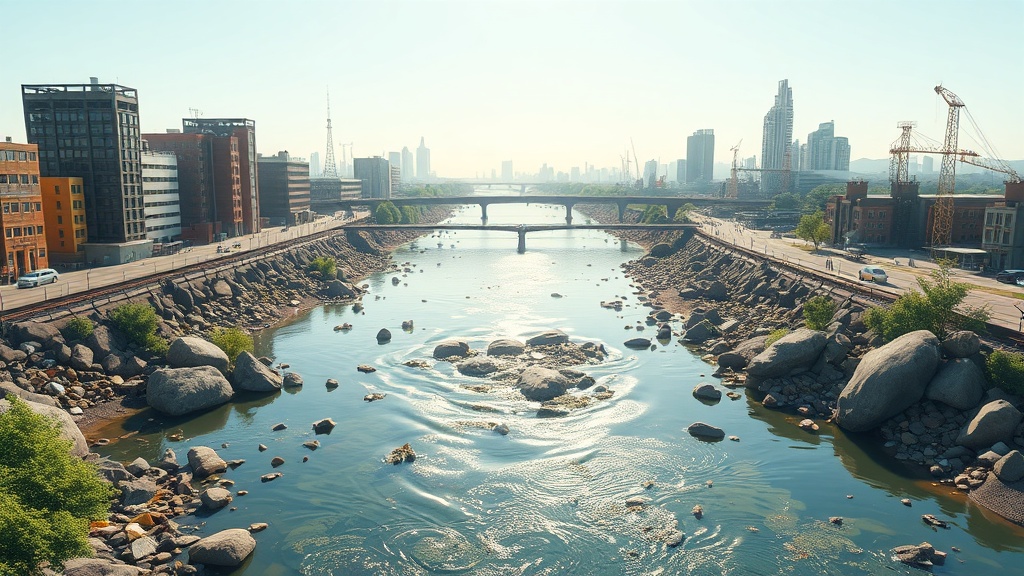Home / Environment / Experts Call for Collaborative Approach to Revive Delhi's Water Bodies
Experts Call for Collaborative Approach to Revive Delhi's Water Bodies
14 Oct
Summary
- Frequent leadership changes at Delhi Jal Board make accountability impossible
- Cleaning the Yamuna would require thousands of crores, beyond current CSR funds
- Improper town planning has turned stormwater drains into sewage channels

As of 2025-10-15T00:23:14+00:00, experts are emphasizing the need for a collaborative and coordinated approach to revive Delhi's water bodies and the Yamuna River. The discussion, organized by the Centre for Urban and Regional Excellence (CURE) last month, brought together policymakers, technical experts, and community representatives to explore sustainable, inclusive, and nature-based solutions to urban water management.
Vandana Bhatnagar, a development finance and institutional expert, pointed out the Delhi Jal Board's frequent leadership changes, with four to five CEOs in as many years, making accountability impossible. She stressed the need for high-level oversight, perhaps from the Lieutenant Governor's office, and independent regulatory bodies to address this issue.
Tara Chand, Head of CSR at OakNorth, noted that cleaning the Yamuna would require thousands of crores, far beyond the scope of current corporate social responsibility (CSR) funds. He emphasized the need for a collective, mission-mode approach where corporate funding, technical expertise, and government efforts converge to revive the Yamuna and urban water bodies.
Experts also highlighted the problem of improper town planning, including how stormwater drains have turned into sewage channels, leading to multiple instances of flooding in Gurugram even after moderate showers this monsoon season. Suchismita Mukhopadhyay, Lead of Advocacy at CDRI, stressed the importance of proactive resilience in city planning, urging hybrid, nature-based solutions and strengthened departmental capacity for long-term urban water resilience.



